I used to work at a hospital program for people at risk of psychiatric hospitalization. I worked with a lot of people who were at risk of suicide or who had made an actual attempt. Part of this work involved talking with clients' family members and educating them about talking about suicide with the client.
Hopefully you never have to have this kind of conversation with someone you love, but with an estimated 750,000 suicide attempts in the US each year, this kind of talk is more common than you might think. Because it is a taboo subject, people often struggle talking about suicide. I pass on what I know here in the attempt to help with these conversations.
If you take one thing away from this post it is this: if you are concerned that someone you care about may be suicidal, urge them to seek care from a therapist or psychiatrist. It is beyond your role to be assessing someone's suicidality.
I am offering these guidelines because I know that in reality people who are thinking about suicide do talk to family members and friends. But as a friend or family member, your goal should be to urge the person you are worried about to get professional help.
- The best way to know if someone is suicidal is to ask. You can say something like, "I know you have been depressed for a while, and this may be a weird question, but have you been thinking of hurting yourself?"
- Sometimes friends or family are afraid to bring up the subject because they don't want to give someone an idea they have not already had. Don't worry about this; if someone is not thinking about suicide, your asking them will not make them suddenly think that killing themselves is a good idea. Bottom line: you do not increase someone's chance of suicide by asking them if they are thinking about suicide.
- Plans, means, and intent help determine risk.
- Plan: Has the person thought about how they would kill himself? A person with a plan is likely at greater risk than someone with no plan.
- Means: Does the person have the means to carry out their plan? Someone who has the means to do so (i.e., "I would hang myself, and yes there is a rope in the garage") is likely at greater risk than someone who does not have the means, or has no plan to get the means. Note: If someone who is thinking about suicide has access to a gun, this greatly increases the chances that they will kill themselves.
- Intent: Is the person actually planning on going through with it? When? Someone may have a plan and means but no intent: "If I killed myself, I would jump off the Golden Gate Bridge, but really I would never do this." Or they may be planning suicide but only if something they fear comes to pass "I will not kill myself unless my husband leaves." Obviously, someone who says they plan to kill himself in the near future is at extreme risk.
- Certain risk factors can increase the chance someone will attempt suicide. Consider:
- past attempt at suicide
- people close to this person killed themselves or attempted suicide
- drinking or drug problem
- history of impulsive acts
- hopelessness
- history of abuse or trauma
- isolation
- Certain protective factors can decrease the chance someone will attempt suicide. Consider:
- stated desire not to hurt friends and family by killing oneself
- stated obligation to care for others (i.e., "I would like to kill myself, but I need to care for my children.")
- Religious beliefs against suicide
- Person talks about future events they are looking forward to
- Presence of family, friends, or mental health professionals who the person feels they can talk to and lean on
- The phone number for the National Suicide Prevention Hotline is 800-273-8255. The hotline is open 24/7 Give this number to the person thinking about suicide. Call it yourself for support or advice if need be.
- The emergency room or 911 is the right choice if someone is in immediate danger. If you are worried that someone is going to commit suicide in the near future take this person to the emergency room, or if they won't go, call 911. Having the police show up or going to the ER is a lot of drama, but far less than if someone kills herself. Err on the side of caution here.
- People who are suicidal are sometimes ambivalent about killing themselves. This can result in a person jumping from saying they are going to kill themselves to saying the reverse. The rule here is if the person you are talking to cannot convince you that they will be safe in the near future at least, take them to the ER or call 911.
- People at risk of suicide need professional help. I am repeating myself here, but if someone is in a bad enough place to be thinking about suicide, they need to talk to a therapist or psychiatrist. Unless you are a mental health professional, you lack the training to be keeping this person safe. Urge them to get help.

